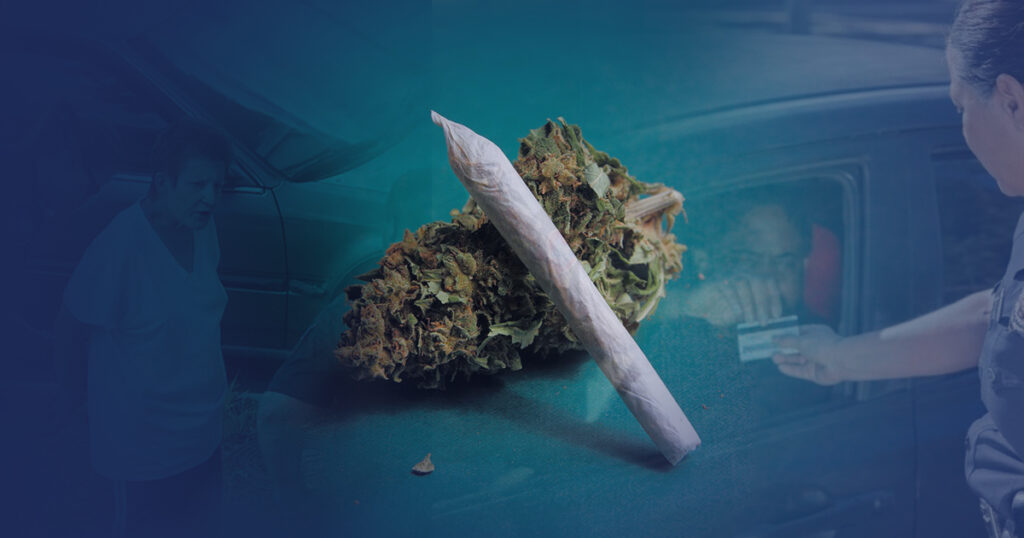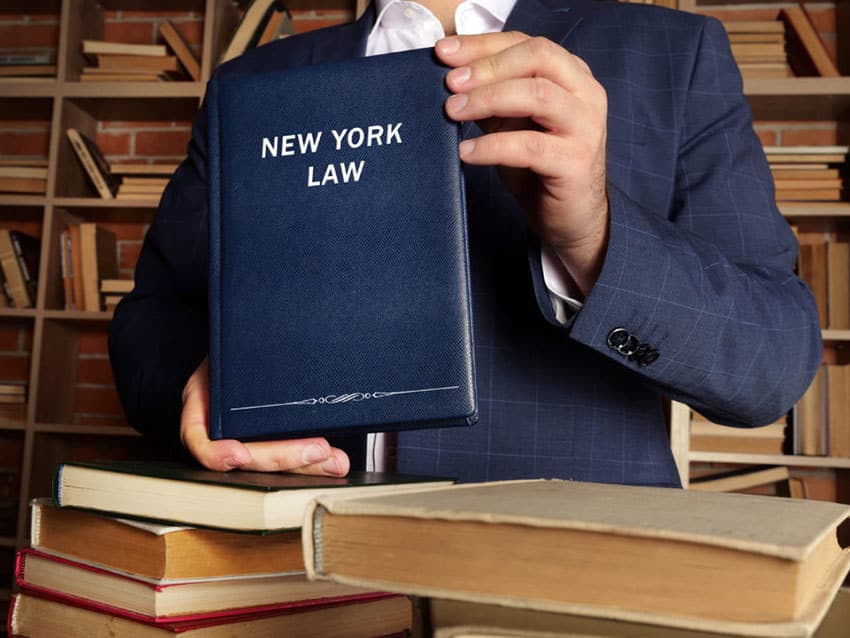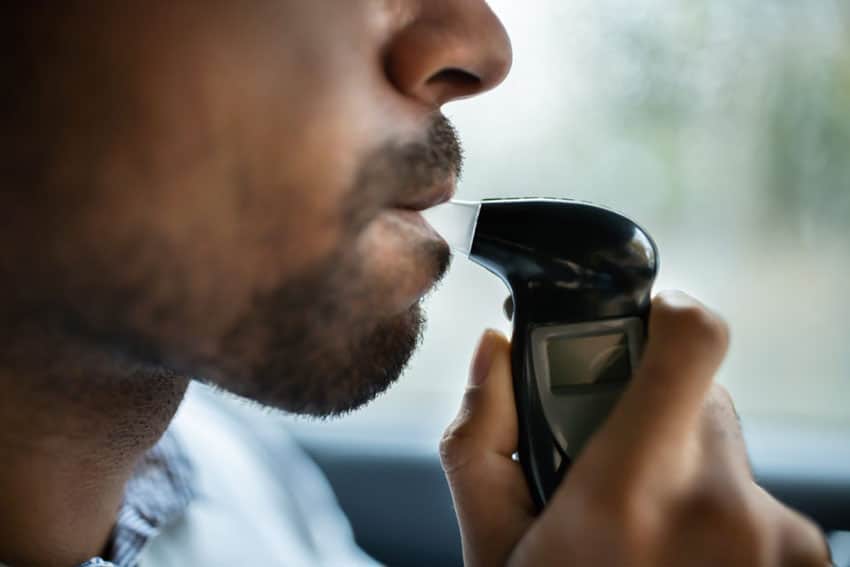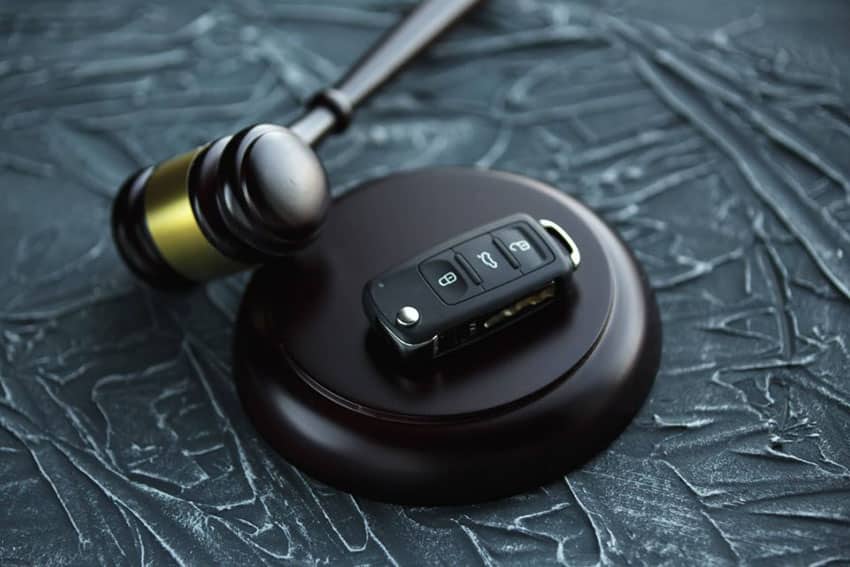As marijuana use becomes more common in New York, so do legal concerns about driving under the influence. Many people mistakenly believe that because cannabis is legal, driving after consuming it is safe. However, New York law treats drug-impaired driving just as seriously as alcohol-related offenses—and the penalties can be just as severe.
If you drive after using marijuana, you could face charges for Driving While Ability Impaired by Drugs (DWAI-Drugs) or even DWAI-Combination under certain circumstances. Understanding the differences, potential penalties, and available defenses is crucial.
DWI vs. DWAI-Drugs: What’s the Difference?
New York distinguishes between alcohol impairment and drug impairment when it comes to driving:
1. DWI – Alcohol (VTL § 1192(2) & (3))
1. A person is guilty of Driving While Intoxicated (DWI) if their Blood Alcohol Content (BAC) is 0.08% or higher, or if they exhibit clear signs of intoxication.
2. DWI is generally easier for prosecutors to prove because of breathalyzer results and well-established impairment standards.
2. DWAI-Drugs – Marijuana (VTL § 1192(4))
1. Driving While Ability Impaired by Drugs (DWAI-Drugs) applies when a driver is under the influence of any drug, including marijuana, to the extent that it impairs their ability to operate a vehicle safely.
2. Unlike alcohol, there is no legal THC limit for drivers, meaning officers rely on observations, field sobriety tests, and chemical testing to determine impairment.
3. DWAI-Combination – Alcohol & Drugs (VTL § 1192(4-a))
1. If a driver has both alcohol and drugs in their system, they can be charged with DWAI-Combination, which carries enhanced penalties.
Penalties for DWI vs. DWAI-Drugs in New York
|
Charge |
First Offense |
Second Offense (Within 10 Years) |
Third Offense (Within 10 Years) |
|
DWI (Alcohol) |
Misdemeanor: Up to 1 year in jail, $500-$1,000 fine, 6-month license revocation |
Felony: Up to 4 years in prison, $1,000-$5,000 fine, 1-year license revocation |
Felony: Up to 7 years in prison, $2,000-$10,000 fine, possible permanent revocation |
|
DWAI-Drugs |
Misdemeanor: Up to 1 year in jail, $500-$1,000 fine, 6-month license revocation |
Felony: Up to 4 years in prison, $1,000-$5,000 fine, 1-year license revocation |
Felony: Up to 7 years in prison, $2,000-$10,000 fine, possible permanent revocation |
|
DWAI-Combination |
Misdemeanor: Up to 1 year in jail, $500-$1,000 fine, 6-month license revocation |
Felony: Up to 4 years in prison, $1,000-$5,000 fine, 1-year license revocation |
Felony: Up to 7 years in prison, $2,000-$10,000 fine, possible permanent revocation |
Additional penalties may include mandatory alcohol or drug treatment programs, the installation of an ignition interlock device (for alcohol-related offenses), probation, and community service.
How Marijuana Impairs Driving
Marijuana affects individuals differently, but research indicates that THC, the active ingredient in cannabis, impairs reaction time, coordination, and decision-making—all critical skills for safe driving. Common signs of marijuana impairment include:
- Delayed reaction times
- Impaired judgment and perception
- Difficulty maintaining lane control
- Increased drowsiness or distraction
Unlike alcohol, which has well-established impairment levels based on BAC, marijuana impairment is harder to quantify, making these cases more complex in court.
How Police Prove Marijuana Impairment
Unlike alcohol-related DWI cases, where breathalyzer tests provide clear evidence of intoxication, proving impairment due to marijuana relies on officer observations and specialized testing:
1. Field Sobriety Tests (FSTs) – Officers may conduct standard roadside tests (e.g., walk-and-turn, one-leg stand, horizontal gaze nystagmus) to assess impairment. However, marijuana affects individuals differently, and these tests are not always reliable indicators of drug impairment.
2. Drug Recognition Experts (DREs) – Some officers undergo special training to recognize drug impairment. DREs conduct 12-step evaluations that include pupil size analysis, muscle tone testing, and questions about drug use.
3. Blood, Saliva, and Urine Tests – While New York law allows chemical testing for drugs, THC remains in the bloodstream long after impairment has worn off—sometimes up to 30 days in chronic users. Additionally, saliva testing only provides a positive or negative result, not quantitative values. This makes it difficult to establish whether someone was actively impaired at the time of arrest.
4. Eyewitness or Video Evidence – If available, dashcam or bodycam footage, as well as witness testimony, may be used to support impairment claims.
Defenses Against a DWAI-Drugs Charge
If you’ve been charged with DWAI-Drugs, an experienced DWI attorney can challenge the case using several defense strategies:
1. No Evidence of Actual Impairment – The prosecution must prove beyond a reasonable doubt that marijuana use affected your ability to drive. If FSTs were improperly conducted or inconclusive, it may weaken their case.
2. Inaccurate Chemical Testing – THC blood tests don’t reliably measure impairment. A positive THC result does not prove that the driver was high at the time of driving.
3. Improper Police Procedures – If officers fail to follow proper arrest or testing protocols (e.g., lack of reasonable suspicion for a traffic stop, failure to read Miranda rights), evidence may be challenged or suppressed in court.
4. Medical Marijuana Use – While medical marijuana patients are not exempt from DWAI laws, a valid prescription may be used to argue against intentional impairment.
5. Alternative Explanations for Impairment – Some medical conditions, fatigue, or even nervousness can mimic impairment signs, leading to false accusations.
What to Do If You’re Charged with DWAI-Drugs
If you’re arrested for marijuana-related impairment, do not admit to drug use or answer questions without an attorney present. Instead:
- Stay calm and polite – Arguing or resisting can escalate the situation.
- Exercise your right to remain silent – You are not required to answer questions about recent marijuana use.
- Refuse field sobriety tests (though refusal of a chemical test may result in license revocation).
- Contact an experienced DWI attorney immediately – A skilled defense lawyer can analyze your case, challenge weak evidence, and fight for the best possible outcome.
Conclusion
As New York’s marijuana laws evolve, so do the challenges of enforcing and defending against DWAI-Drugs charges. While marijuana use is legal, driving under its influence is not—and the penalties can be severe. If you or someone you know is facing a DWAI-Drugs charge, the DWI TEAM is here to help. With extensive experience in handling marijuana-related DWAI cases, we understand the complexities of these charges and how to build a strong defense.
By Shaun Moore, Jr., DWI Attorney – DWI TEAM











